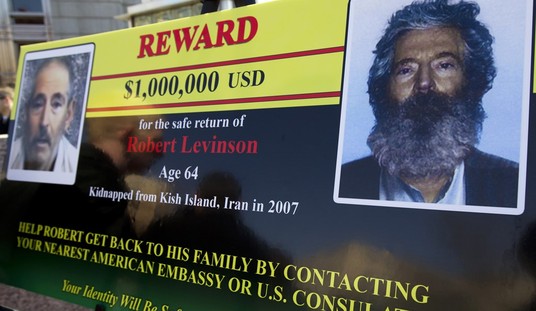One of the most likely things to change under the Obama administration’s deal with Cuba is our government’s “wet foot/dry foot” policy regarding Cuban migrants. Judging by their actions, it appears Cubans know that their chances of escaping the Castro regime’s tyranny are growing smaller by the day. From the Wall Street Journal:
Cuban migrants are flocking to the U.S., federal data show, a trend experts attribute to fears that changing relations between the two countries could end America’s policy that permits residents of the island nation who reach the U.S. to remain here permanently.
Mainly over land, 31,314 Cubans entered the U.S. in the first nine months of the fiscal year that ends next week, up from about 26,000 migrants who entered in fiscal 2014, according to the Department of Homeland Security. Fewer than 7,500 Cubans came in 2010.
In other words, we have had at least 5,000 more in the first nine months of this fiscal year than in all of fiscal 2014. Clearly, they understand that there’s a good chance changes are coming. They have seen how the Obama administration caved to the Castro brothers in the negotiations, and they’ve seen what has happened to political dissidents since the deal was announced. They seem to understand that their chances to be accepted into the United States easily–which despite the last 7 years is still seen by many around the world as the Land of Opportunity–might be getting smaller by the day
Continuing on in the article, we find this note about the refugees’ motivations:
The U.S. government also could reconsider the policy because most Cuban arrivals are motivated by economic difficulty, rather than political reasons, to seek a new life in the U.S., scholars say.
What’s important to note here, though, is that this statement is still a huge condemnation of communism and the Castro regime. Under Cuba’s totalitarian system, the economy is inextricably part of the political realm, and a statement like this concedes that the Cuban government is totally ineffective at creating the necessary conditions for success and prosperity for its people. The migrants might not be fleeing the country for directly political reasons, therefore not technically qualifying as dissidents, but they are leaving because of political oppression nonetheless.
As I have maintained in previous posts, I am in favor of liberalizing relations for Cuba, but I would have made demands for human rights and changes to its political system a central part of any negotiations with the Cuban government, especially since they need this deal more than we do. The Obama administration did none of this, and while they stress that the wet foot/dry foot policy will not change, we have every reason to believe that this promise, too, will probably have an expiration date if the Castros demand it. Should that point come, the Cuban people will suffer for it.
Featured image is “HAVANA,CUBA – MAY 12,2015 : Vintage american car next to a poster supporting the Cuban Revolution” by Kamira / Shutterstock.com














Join the conversation as a VIP Member